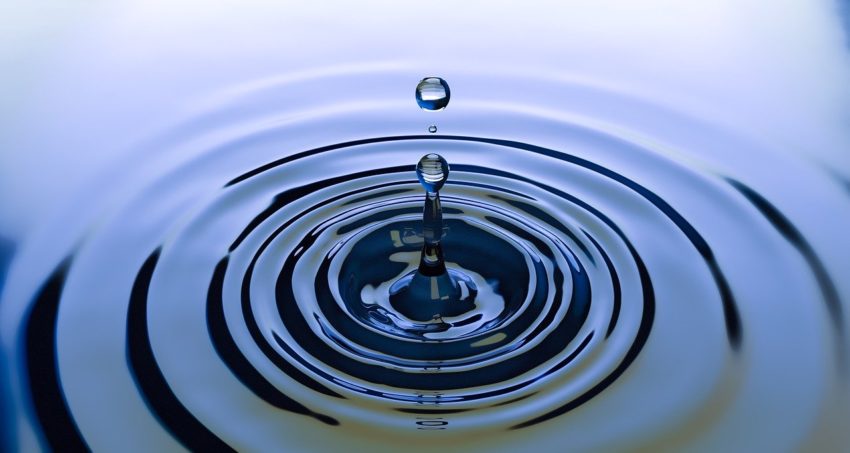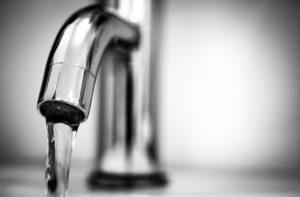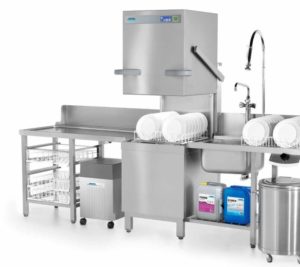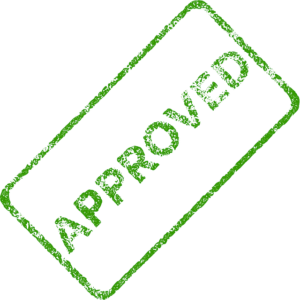
Running or working in a catering business involves adhering to many codes and pieces of legislation to ensure that your food preparation and storage is safe. In some cases, these codes and guidelines can become confusing, especially when you are unsure if they are required or simply recommended. One such set of rules is the WRAS scheme.
What is WRAS?
WRAS stands for the Water Regulations Advisory Scheme and was incorporated in 2008. However, schemes of various types have been used for over 100 years by water companies to try and improve water quality.

The purpose of the scheme is to help protect public health by preventing contamination of the water supply and by ensuring the effective use of water. To do this, the scheme helps companies comply with the following regulations.
- The Water Supply (Water Fittings) Regulations 1999
- The Water Supply (Water Fittings) Regulations (Northern Ireland) 2009
- The Water Supply (Water Fittings) (Scotland) Byelaws 2014
WRAS is a subscription company and all the 26 UK water companies are subscribers to the scheme.
What Are The Objectives of WRAS?
The WRAS scheme has four main objectives that are used to help protect both companies and customers. These objective are:
- To raise the awareness of the Water Fittings Regulations. This is achieved through marketing and communicating what the regulations are and educating people working within the catering industry as well as offering advice.
- To provide an approval scheme with guidance and the processes needed to help individuals and companies comply with the Water Fittings Regulations.
- To provide cost-effective support to the UK water companies in the form of guidance so that they can effectively interpret the Water Fittings Regulations.
- To represent the UK water supply industry in regard to the Water Fittings Regulations and offer help in the development of guidance, code of practice and standards.
This gives the water companies and businesses a single point of contact that will hopefully ensure compliance with the regulations.
What Is WRAS Approval?
The WRAS scheme test thousands of water fittings products with the aim of ensuring they meet the Water Supply (Water Fittings) Regulations and Scottish Byelaws.
The regulations are designed to protect the drinking water in domestic homes as well as businesses and other properties. It means that anyone connecting water fittings to the public water supply, need to ensure that those fittings comply with the regulations.
Examples of water fittings that need to comply are:

- Pipes
- Fittings
- Taps
- Showers
- Toilets
- Coffee Machines
- Water Boilers
- Dishwashers
- Washing Machines
For example, Classeq and Winterhalter warewashers are WRAS compliant. However, some brands do not carry this approval from WRAS.
Is WRAS Approval a Legal Requirement?
Although there are many benefits to having a WRAS approval, there is no legal requirement for having a water fitting that has this approval. However, all water fittings installed must have been tested to ensure they meet the Water Supply (Water Fittings) Regulations and Scotland Byelaws. This testing involves:
- Ensuring the water fittings are made using the correct materials
- That the fittings don’t affect the taste or smell of the water
- Ensure that they don’t promote the growth of microorganisms
While not essential, anyone installing water fittings in domestic or business premises may find that there are advantages to using products that are WRAS approved. For example:
- WRAS approval means they have been tested to comply with the regulations and Byelaws
- They will provide minimal waste if they are fitted correctly
- There may be restrictions on how the water fittings can be used. For example, some may only be suitable for cold water feeds.
Depending on your experience and training, you might find that the WRAS approved water fittings are best for you.
While there are some water inspectors that will insist that WRAS approved products are used, there is no legal requirement. As long as the person who fitted the water fittings and appliances or the business owner can prove that they meet the regulations and bye-laws, then the system is legal.
How Can You Avoid Non-Compliance?
The FEA or (Food Equipment Association) has been concerned about the number of businesses that have been confused by the WRAS approval scheme. They found that many business owners were going to great lengths to ensure that their equipment was WRAS approved when this wasn’t a legal requirement.

To ensure that any domestic property or business is complying with the regulations, there are other avenue's owner's and fitters can use.
- A WRAS approved water fitting can be used if other types of fitting are not clearly marked as complying with the regulations
- There are other approval schemes such as the NSF Reg 4 Scheme that can also be used, though it is important to ensure that the scheme you use complies with the regulations.
- A trained plumber or other professionals can be used to supply and fit the water fittings. It is vital to ensure that these professionals are accredited and can prove the fittings meet the regulations.
- Retailers such as 247 Catering Supplies will often supply water fittings and appliances that are approved by one of the schemes including WRAS. This means that you have the proof you need to show the water inspectors that you have complied with the regulations.
- If there is any doubt, the FEA can always offer help and advice, and the approval schemes such as WRAS also have a list of approved water fittings on their website that can point you in the right direction.
Knowing where to go for the best advice can sometimes be a challenge. However, with the correct information and advice, from the FEA and the approval schemes, it can be a straightforward process to ensure you are complying with the Water Supply (Water Fittings) Regulations and Scotland Byelaws.
